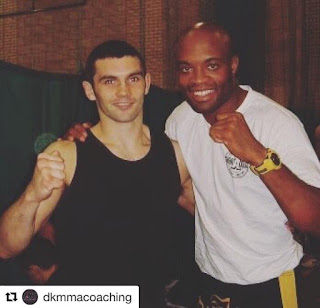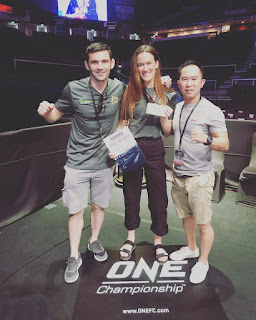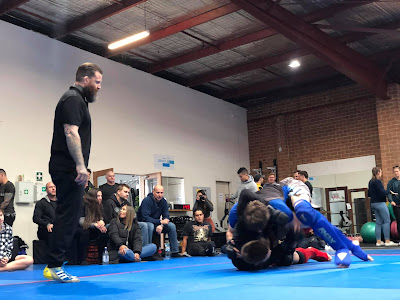FOCUS ON TECHNIQUE
One common theme that you will notice when you look at the top-level fighters in MMA, Boxing, Muay Thai or any other Combat Sport is that the best fighters always have perfect technique. Fitness, strength, and determination will get you far in the fight game but usually, it will get you to a point where you come up against someone with equal levels of Fitness, Strength and Determination but who has also put years of diligent practice into developing flawless technique.
If all the physical skills are roughly equal the person with the better technique will always win.
This is relevant for fighters and competitors but is equally applicable to non-competitors who are just looking to get the most out of their martial arts training
There are many different aspects of martial arts training. These include Physical training, Mental training and Technique Training.
The area from which you will get the most return on investment is in focusing on your technique.
Strength and fitness are very important. There is no excuse for a Martial Artist or Fighter to be unfit or out of shape.
However, You will reach a threshold for your physical attributes, a certain level of strength or fitness that it will be difficult to move beyond without requiring you to focus exclusively on strength or fitness training.
The good news is that that type of effort is usually not required. The most successful competitive fighters across all sports do not usually look like power-lifters, marathon runners or the world's strongest man.
The reality is that it won't really make much difference how strong or fit you are if your technique is breaking down under pressure or if you are making basic mistakes such as not keeping your guard up.
Another reason why I would put technical training above strength or fitness training is that with fitness training you will lose the benefits of it very quickly if you stop doing it. If you are running every day and then take a month off you will lose all the gains that you have made.
Compare that with technique training. When you learn a technique properly, understand every tiny detail of all the movements which make the technique work and then practice it thousands of times, it is very unlikely that you will forget how to do it.
TECHNICAL TRAINING VERSUS SPARRING
How much time should you spend on technique training compared to Sparring? What is the point of having perfect technique if you can't apply the technique under pressure?
This was a common problem with traditional martial arts training. There were many experts with perfect technique who never sparred or pressure tested their technique to find out if they were actually able to use it against resistance.
The opposite is commonly seen these days in the MMA era. Fighters who don't even understand the basics but spend all their time sparring instead of technical training which would actually improve their overall performance and results.
A lot of the sparring and training footage that I see from other gyms it is actually detrimental to their fighters development. The fighters are actually ingraining and hard wiring bad habits that will become even more difficult to correct.
Every fighter only has a finite number of sparring rounds in them. We need to weigh up a cost-benefit analysis of what are we actually gaining from these ten rounds of sparring.
Is the fighter preparing for a specific upcoming fight a few weeks away? are the rounds being used to develop a specific technique or game plan? are they sparring just to improve fitness or mental toughness or is there no clear purpose behind the Sparring at all?
This has to be weighed up against the ‘Costs’ of the sparring rounds. These include risk of injury, risk of fatigue, risk of developing bad habits or risk of wasting time on sparing that could be better spent on specific technical training which would lead to better results over the long term.
I think when we weigh up factors like this you will almost always come to the conclusion that you should be spending a lot more time on technical training than on sparring.
If you want to get the most long term benefit out of your training make sure you focus on your technique.

























